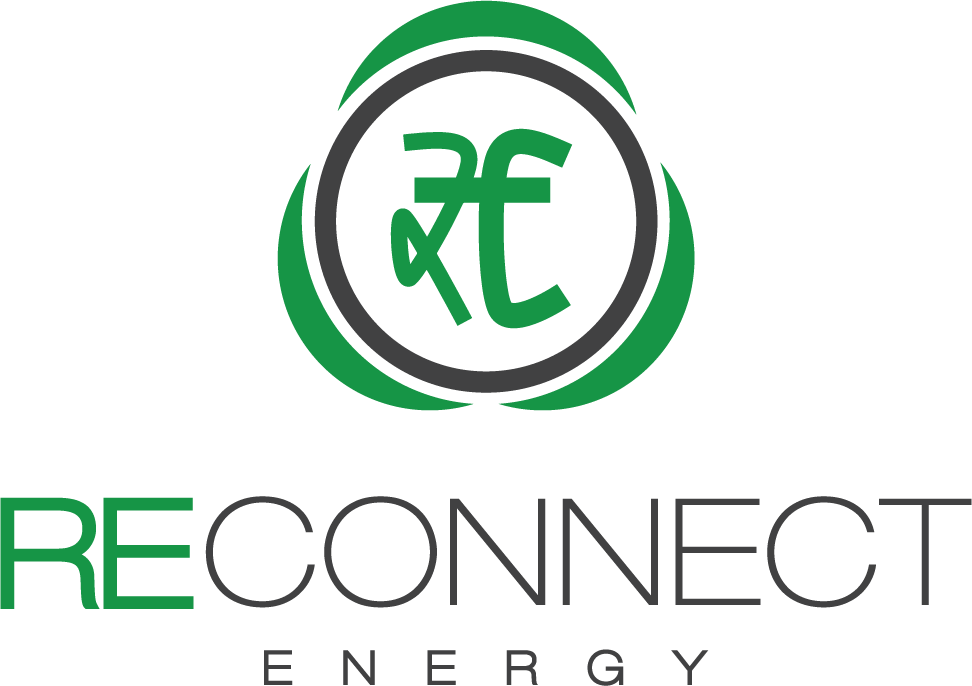REC Mechanism and Structuring Sale of Electricity for Benefit Maximization
Renewable Energy Certificate Mechanism provides few additional options to RE generators to structure their electricity sale to maximize their profit. Structuring the sale of electricity can play an important role in maximizing the benefits of a particular project. A Renewable Energy Generator can have multiple options to manage electricity sale. Each option has its own advantages and limitations. The options can be listed out as:
- Sale to DISCOM at Preferential Tariff: PPA with a DISCOM is a very basic option which can assure guaranteed ROI over a longer duration. This can be a benchmark to evaluate other options against.
- Sale to DISCOM at Average Power Purchase Cost: Sale to DISCOM at Average Power Purchase Cost can assure a guaranteed return with an additional income from GBI, but the tariff is low when compared to the preferential tariff. This drop in tariff can be compensated by additional revenue from RECs.
- Third Party Sale/ Open Access: Detailed analysis is required while going for Third Party Sale or Open Access as this may involve higher risks and other applicable charges as well. The charges may include Transmission Loss, Transmission Charges, and wheeling Charges. Cross Subsidy charges may also be eligible and will have a considerable effect on the price if implemented. The advantage with Third party Sale/ Open access is that the tariff may be comparatively higher and the generator is allowed to avail RECs as well.
- Captive/ Group Captive Consumption: Most of the states allows RE generators to consume electricity generated as a captive consumption by paying nominal wheeling and banking charges (in case of wind/small hydro). As per CERC regulation, when RE generation is used for captive consumption and promotional benefits are availed (promotional wheeling and banking), RE generator becomes ineligible to participate in REC mechanism.
Renewable Energy Certificates-An Introduction
As part of the National Mission on Climate Change, a policy to implement Renewable Purchase Obligation (RPO) is being put in place by the Central Electricity Regulatory Commission. The new policy will require Electricity Distributors, large Captive Consumers and large Open Access Consumers to purchase a certain percentage of their total electricity needs from renewable sources. Renewable Energy Certificates: Similar to Carbon Credits Similar to the Carbon Credit Market, a market for meeting the RPO requirements is in the process of being set up in India. Just like at the international level, companies that do not meet their emission reduction targets can purchase Carbon Credits from the market, similarly, Electricity Distributors in India that do not buy the percentage of renewable energy required by law, will have the option to fulfil their obligation by purchase of Renewable Energy Certificates (REC). RECs will be traded at power exchanges in India. Additional Source of Revenue For renewable energy producers – wind farms owners, biomass power plants, small hydro projects, etc, RECs present a very valuable

